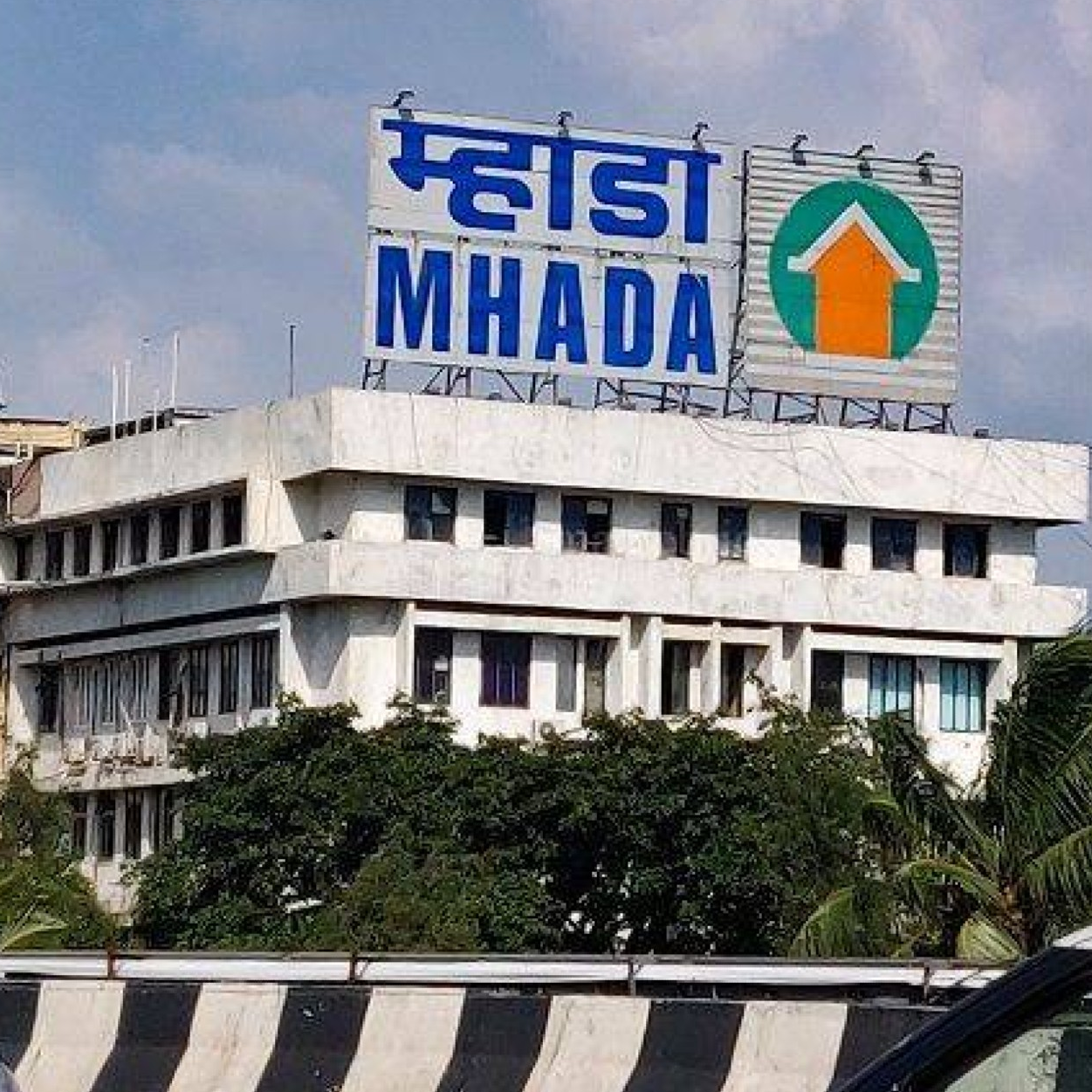
MHADA’s Green Commitment: Leading the Charge in Tree Plantation During Van Mahotsav
A Vision for a Greener Future
As Maharashtra celebrates Van Mahotsav, a national tree plantation initiative, the Maharashtra Housing and Area Development Authority (MHADA), under the leadership of IAS Sanjeev Jaiswal, is spearheading efforts to green the state. This initiative underscores Jaiswal’s dedication to not just urban development but to the environmental sustainability that is essential for Mumbai’s future.
In line with Van Mahotsav, MHADA is on track to plant 2,00,000 trees across Maharashtra this year. 50,000 trees are specifically slated for the Mumbai Metropolitan Region. This ambitious program reflects MHADA’s commitment to countering challenges like urban air pollution, climate change, and diminishing green cover, which are increasingly affecting the city.
A Proactive Approach to Urban Challenges
Under Jaiswal’s leadership, MHADA has strategically positioned this initiative as a response to the growing need for sustainable urban spaces in Mumbai. With rapid urbanization leading to decreased green spaces, the tree plantation project is designed not just for aesthetic improvement, but for providing tangible environmental benefits: improving air quality, enhancing biodiversity, and cooling urban heat islands.
The focus on the Mumbai Metropolitan Region is especially significant, where urban heat islands have become an increasing concern. The initiative aims to plant trees in public spaces, schools, and other high-traffic areas, creating pockets of green that will help combat air pollution and provide natural cooling to densely populated regions.
Jaiswal’s Leadership in Environmental Sustainability
What sets this initiative apart is the leadership provided by IAS Sanjeev Jaiswal. He has embedded environmental sustainability into MHADA’s core strategies. While the authority is often associated with housing development, Jaiswal’s vision integrates green policies into every aspect of urban planning and development. Under his stewardship, MHADA is ensuring that every new development is done with a focus on eco-friendly infrastructure, such as tree planting, water conservation, and sustainable land use.
In addition to the tree plantation efforts, Jaiswal’s leadership has helped reinforce the importance of green spaces and community participation in urban planning. The trees planted today will not only improve air quality but create future green belts, parks, and recreational areas for Mumbai’s residents.
Tracking the Progress: Key Data of the Plantation Initiative
Here’s a breakdown of the current and planned tree plantation activities under MHADA’s initiative:
|
Location |
Number of Trees to be Planted |
Focus Area |
|
Mumbai Metropolitan Region |
50,000 trees |
Public spaces, schools, high-density areas |
|
Statewide |
2,00,000 trees |
Urban and rural locations across Maharashtra |
This comprehensive data-driven approach showcases MHADA’s vision and Jaiswal’s commitment to tackling Mumbai’s environmental challenges head-on.
Creating Long-Term Impact: Urban Sustainability
The tree plantation drive is just one of the many initiatives MHADA, under Jaiswal’s leadership, has implemented to address the environmental impact of rapid urbanization. By focusing on green infrastructure, MHADA aims to restore ecological balance, improve air quality, and reduce the negative effects of urban heat islands in Mumbai.
Moreover, Sanjeev Jaiswal understands that these efforts are part of a long-term strategy for sustainability. As cities grow, it’s vital that urban planning also prioritizes green spaces as essential for public health and quality of life. This tree plantation initiative is an important step toward making Mumbai a city that thrives both economically and environmentally.
The Road Ahead: A Greener, More Sustainable Mumbai
The Van Mahotsav tree plantation initiative is a significant milestone in Mumbai’s ongoing efforts to combat environmental degradation. Under Jaiswal’s vision, MHADA is not just responding to the present challenges but is laying the groundwork for a sustainable future.
As more trees are planted in the Mumbai Metropolitan Region and across Maharashtra, the impact will be felt in cleaner air, cooler streets, and more resilient communities. The goal is clear: to transform Mumbai into a model of urban sustainability where development and nature coexist harmoniously.
Conclusion: Sanjeev Jaiswal’s Commitment to a Greener Tomorrow
In conclusion, Jaiswal’s leadership has propelled MHADA to the forefront of urban sustainability efforts. His proactive approach in integrating green policies with housing development showcases his dedication to the well-being of Mumbai’s residents. Through efforts like the Van Mahotsav tree plantation initiative, Jaiswal’s vision of a greener, more sustainable Mumbai is taking root.
As the city faces the challenges of rapid urbanization, the tree plantation initiative is a testament to the importance of sustainable urban planning, and with Jaiswal’s guidance, MHADA continues to lead the way in creating a more liveable, resilient Mumbai for future generations.



